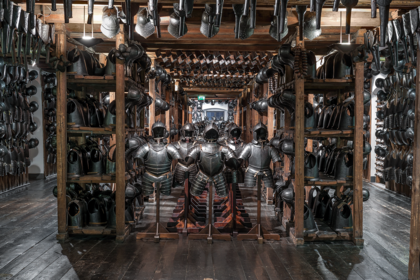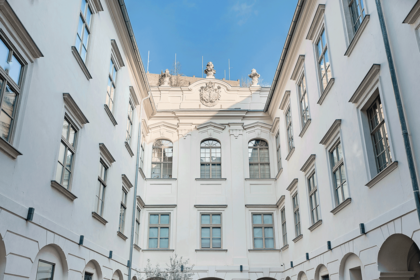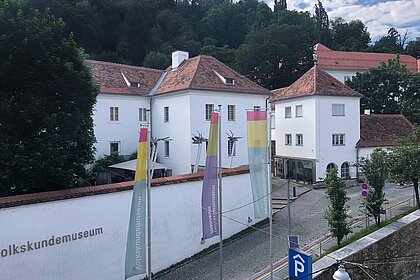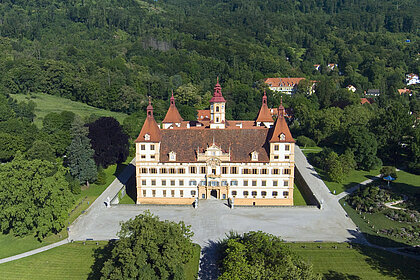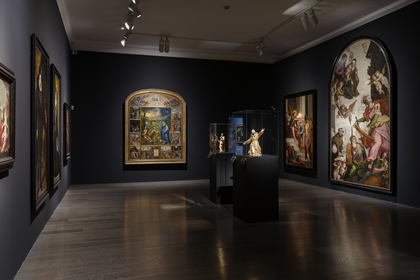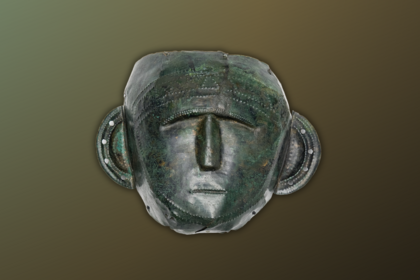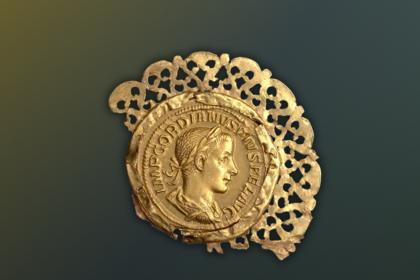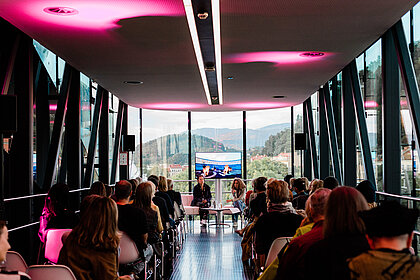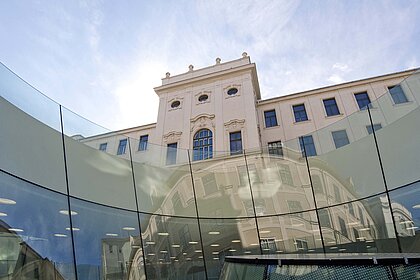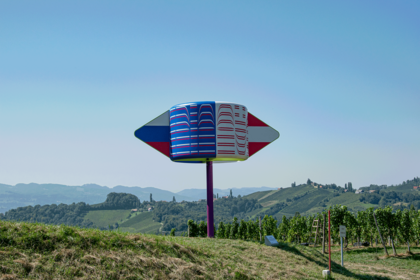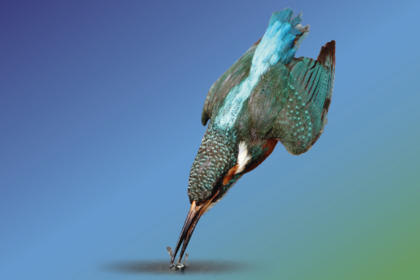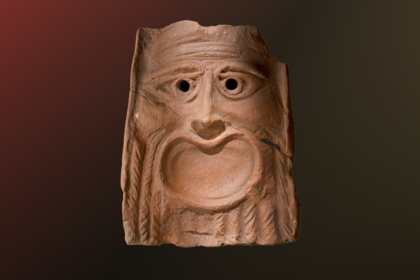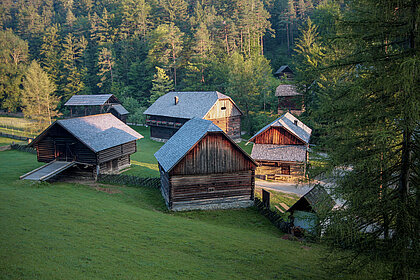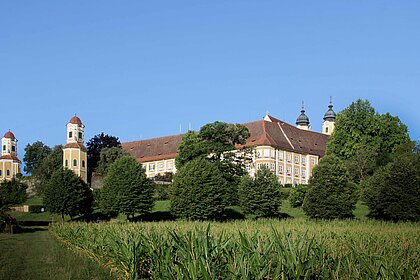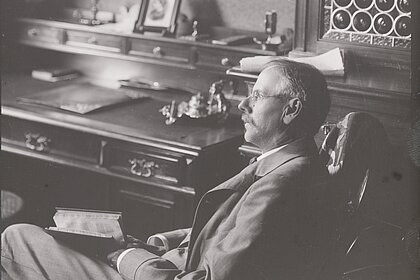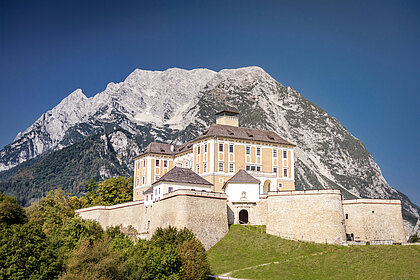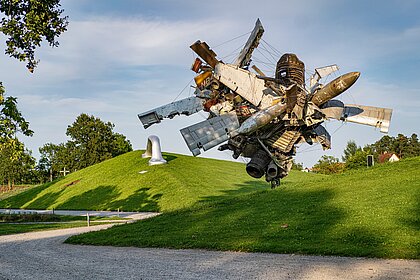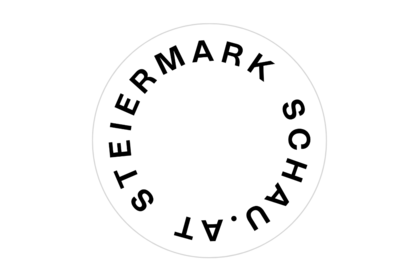Programme
Archive
2015
04.06. - 06.06.
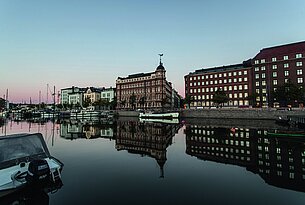
Helsinki
Who does the city belong to?
While the world looks at Helsinki as a place of education, design and culture, the city is currently experiencing some huge upheavals. This excursion will consider Helsinki as a contested terrain in two senses: First, in terms of the continued existence of historico-political conflicts in connection with constructing the national identity, and second with regard to the current transformation of local museums and educational institutions away from a welfare state organisational structure to a neo-liberal one, including both systems’ respective conditions, discourses and forms of expression.
2015
07.05. - 08.05.

Heroes behind glass
On the future of single-individual museums
Musicians, artists and scientists, authors, rulers/politicians and revolutionaries: The places where the predominantly male geniuses and heroes lived and worked have been left as they were at the time, and all across the country they together with their legacy have been turned into museums. Freezing a place in time or re-establishing it as a monument and museum has always been a way of ensuring that a particular person remains in the public’s mind and memory. To this today, it still offers the possibility of preserving personal legacies (as relics) for posterity, research and tourism.
2015
16.04. - 17.04.
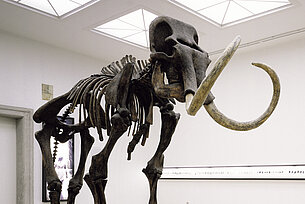
Stages of the Enlightenment
Museums in Halle
In Halle-on-the-Saale, several centuries of the history of science and education have left their mark on an astonishing number of cultural institutions, among them, a baroque cabinet of curiosities, teaching collections and school gardens, archives, libraries and museums. On our two-day trip, we will focus on the latter and analyse collections and museums on nature and culture as archives, laboratories and stages between a desire for encyclopaedic breadth and constant specialisation, antiquarian preservation and practical reality, and within the context of social reforms and social commitments.
2015
26.03. - 27.03.

Don’t lose the thread
On the future of textile museums and collections
A good number of European textile museums were established with a clear regional focus, and many of them specialise in individual aspects of historical textile production: in the extraction and preparation of raw materials, the production of yarns and fabrics, specific materials and techniques or the development of textile goods in the history of fashion. Hardly any museum could hold the sheer wealth of contexts associated with this topic, ranging from socio-economic factors to matters concerning the history of technology and culture.
2014
04.12. - 05.12.
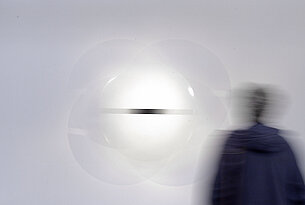
The de-professionalised museum
New participants, new audiences, new professions?
Bloggers are today’s critics, passers-by the new correspondents, and ambitious amateurs sought-after actors in professional theatres. Culture and the media are currently undergoing a process of transformation, which is redefining the traditional role of experts.
2014
06.11. - 07.11.
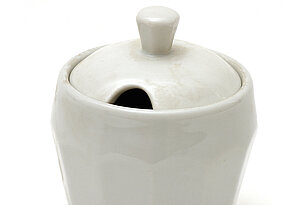
Museum pieces and piece goods
A comparison of museum and commodity aesthetics
At the end of the 19th century, the department store and the museum were, in many respects, comparable institutions and mutually influenced one another. Museums played a key role in forming an aesthetic relationship to things and thus in developing a commodity culture.
2014
25.09. - 26.09.
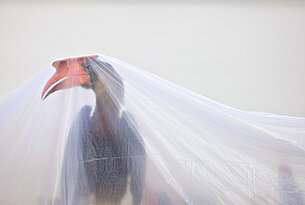
Museum tomorrow
Collection / Collecting
There is a whole range of questions that we, as those responsible for museums, must ask ourselves today in order to ensure the existence of the museum tomorrow. With this tomorrow in mind and as the first in a series, we will turn our attention in 2014 to the history of museum collections and collecting today.
2014
21.07. - 25.07.
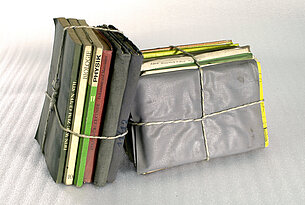
Contemporary history now
The 20th century in Berlin‘s museums and memorials
A monopoly on the interpretation and communication of history is a thing of the past. Nowadays, a wide range of media and institutions are writing about, reporting on and showing historical content with a variety of means and ends.
2014
12.06. - 13.06.
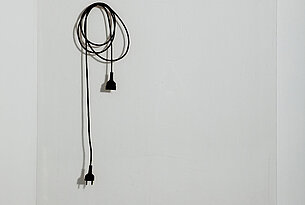
All access, all free
Open data in cultural institutions
Open data refers to the free and unlimited access and use of data, with the goal of increasing transparency, (for example, in public institutions); facilitating networking; and inspiring new research. Based on specific projects and together with experts, we would like to discuss the consequences of this highly topical idea for both large and small museums.
2014
04.05. - 08.05.
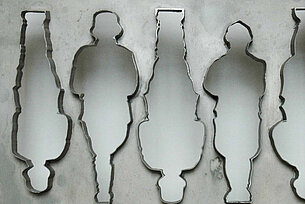
Belgium and France
Sites of memory of the Great War
The remembrance of the First World War is ubiquitous. We are interested in the museological dimension of this topic and together with the historian Jay Winter we are going to embark on a journey that takes us to former battlefields, cemeteries, memorials and museums from Brussels to Paris.
2014
03.04. - 04.04.

The museumisation of witnesses
On the role of contemporary witnesses in exhibitions
Nowadays, contemporary witnesses and their accounts play a key role in communicating past events and are a natural part of exhibitions on contemporary history and recent cultural history.
2014
27.03. - 28.03.
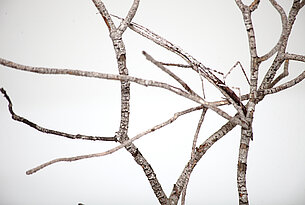
Nature museums: what’s the point?
On the social role of an institution
Nature museums have always been underrepresented in museological debates. And yet, the bulk of museum objects worldwide are natural objects and the traditional significance of this type of museum for both research and society is enormous. We would like to focus on the latter and, taking the wide variety of nature museums into consideration, examine the applicability of the social roles associated with museums in general to museums of natural history.
2014
20.03. - 21.03.
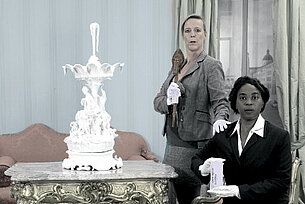
Beyond disciplinary horizons
New forms of research and knowledge production
The museum has never been static. Those responsible for it have always faced the challenge of making its holdings relevant to the particular age and further developing collections in accordance with the changing times.
2014
20.02. - 21.02.

Collecting migration
Exhibiting plurality
Museums have always been a mirror of their times. Collections are established or new issues are raised about existing ones in connection with social developments. One issue that has been the subject of public debate for several years is migration. Migrant experiences and the history of migration have hardly become an integral part of historical narratives in Austria, and they are a glaring gap within the memory culture of museums.
2013
28.11.
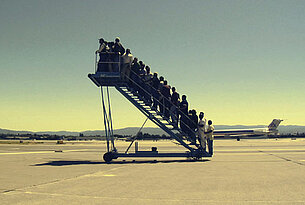
Museum policy
On the strategic development of regional museums
A large part of the museums in the German-speaking world are regional and local museums. Many countries in Europe have strategy papers and plans for the best possible future development of these institutions. We would like to take the virtual lack of such plans in Austria as an opportunity to explore the question of what the cultural policy on regional museums such as these is like in Austria.
2013
18.10.
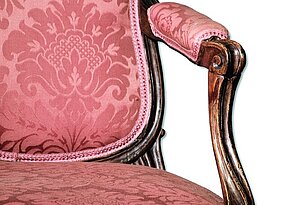
Museums of history
Images and responsibilities of provincial and regional (cultural) history museums
Despite repeated attempts over the last 100 years as well as a now 10-year debate, Austria still does not have a national museum of Austrian history. Additionally, only a limited number of provincial museums, which are traditionally multi-disciplinary in nature, offer displays on regional and contemporary history.
2013
22.07. - 26.07.

The history of displaying in museums
Via the example of the museums of Berlin
The history of the museum is a history of displaying, arranging, and assembling objects and design elements in space for the purpose of mediation. Regardless of whether they are arranged as total works of art (Gesamtkunstwerk) that you can stroll through like the cabinets of curiosities, or spacious museum halls using labels to provide information on encyclopaedic collections; or whether they are realised as environments, or prepared according to didactic principles; or whether they are staged using atmospheric media, or designed for interaction – every form of presentation is an expression of its time.
2013
27.06. - 29.06.
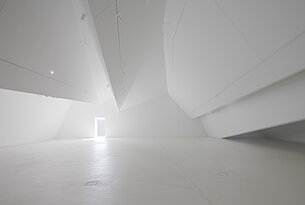
Land of mountains and museums
Switzerland
Thanks to Switzerland’s cantonal structure, there is a great museum every couple of kilometres. We would love to visit them all, but since this isn’t possible on a three-day trip, we have selected a number of interesting museums covering a wide range of types, sizes and sponsors.
2013
13.06. - 14.06.
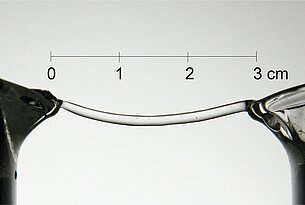
Understanding, revealing, discovering
Research in museums
In 2008, the Austrian Federal Ministry of Science and Research (bmwf) started the forMuse – Research in Museums programme and thus, for the first time, created a funding instrument for museum research projects. We would like to take this programme, which is currently in its final phase, as an opportunity to take a closer look at the overall picture of research in Austrian museums.
2013
03.06. - 04.06.
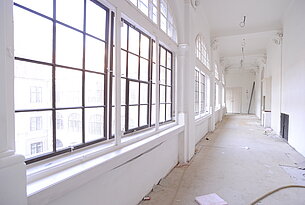
From the 19th to the 21st Century
Privatisation and the status of museums in civil society
The privatisation of the Universal Museum Joanneum in 2003 was probably the museum’s biggest organisational change in its 200-year history.
